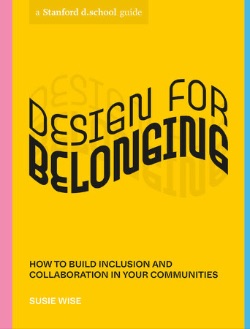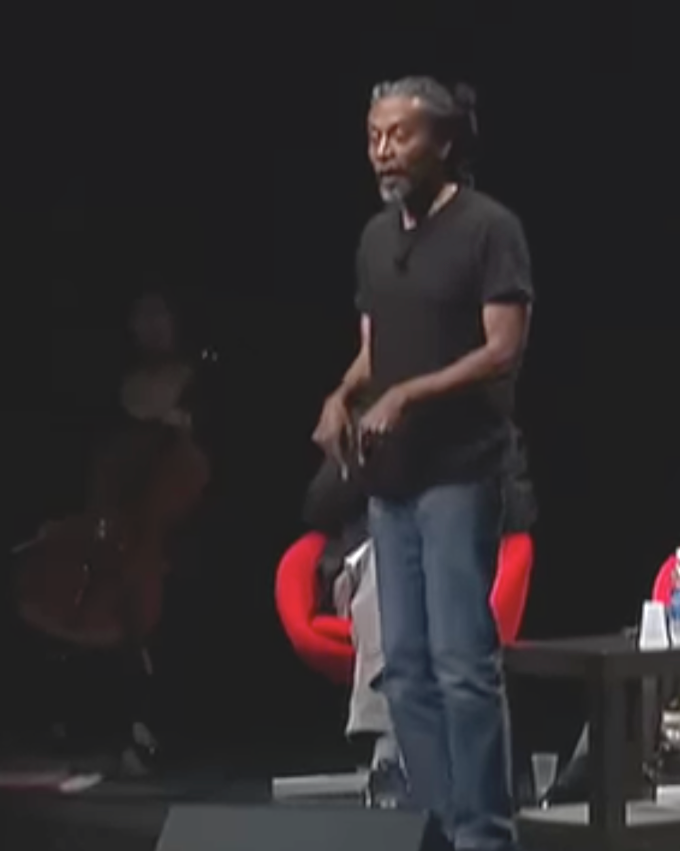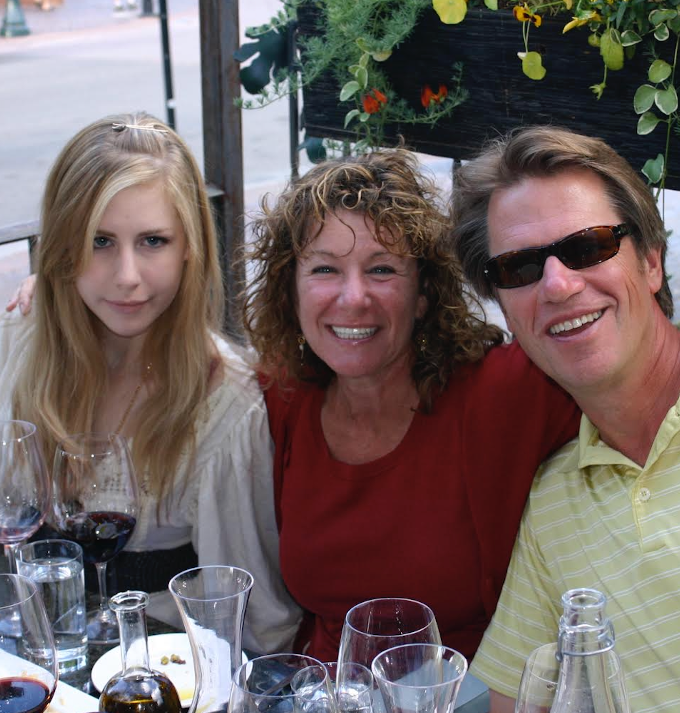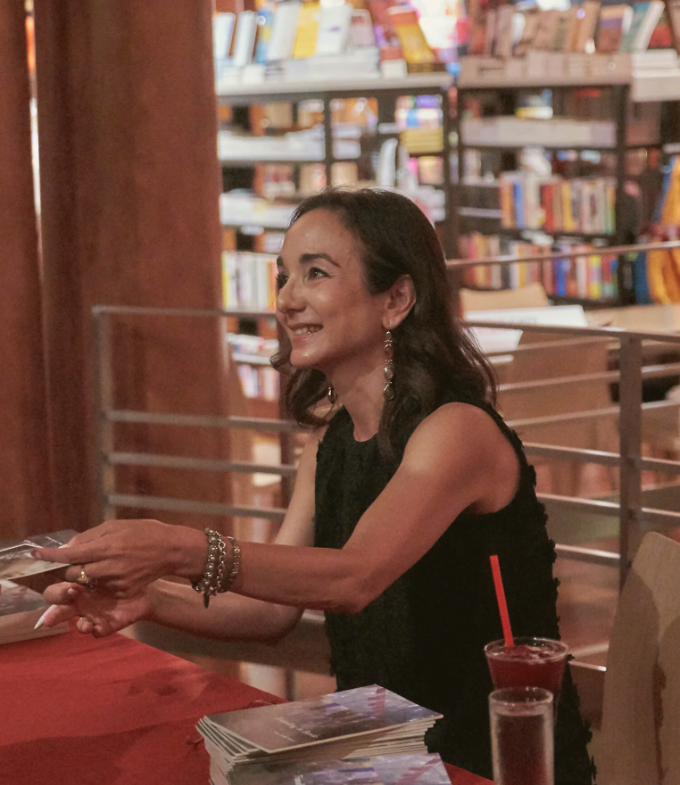September 5, 2025
Learning
"Courage is not the absence of despair; it is, rather, the capacity to move ahead in spite of despair."
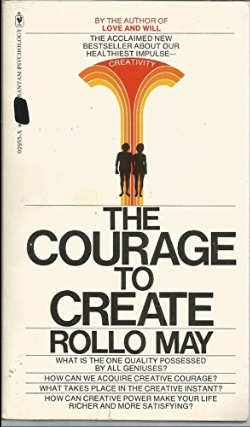
When The Courage to Create appeared in 1975, humanistic psychology was reshaping the cultural conversation. Ideas of self-awareness, self-acceptance, and personal growth were moving from the margins into the mainstream.
Therapy, self-help, and introspective practices surged in popularity, making personal development a defining theme of the era. At the same time, many people began to move beyond passive consumption, awakening to their own creative agency—and to the possibility of contributing meaningfully to a world in transition.
The U.S. was reeling from Watergate, mistrust of government was deepening, and economic shocks like the oil crisis and stagflation fueled uncertainty. Against this backdrop, May argued that what society needed most was not the defense of traditions, but the courage to create new meanings and structures in a world that felt unstable.
For May, creativity was inseparable from existential struggle—a way to wrest meaning, authenticity, and fulfillment from chaos. To create is to face fear and vulnerability, to transform nothingness into something vital. Genuine creative acts, he insisted, are not only essential for individual growth, but also for challenging entrenched norms and imagining new possibilities.
His call was welcome then, and is even more so now.
“The relationship between commitment and doubt is by no means an antagonistic one. Commitment is healthiest when it is not without doubt, but in spite of doubt.”
“Human freedom involves our capacity to pause between the stimulus and response and, in that pause, to choose the one response toward which we wish to throw our weight. The capacity to create ourselves, based upon this freedom, is inseparable from consciousness or self-awareness.”
“Recall how often in human history the saint and the rebel have been the same person.”
BOOK: The Courage to Create
ARTICLE: Rollo May and the Courage to Create
